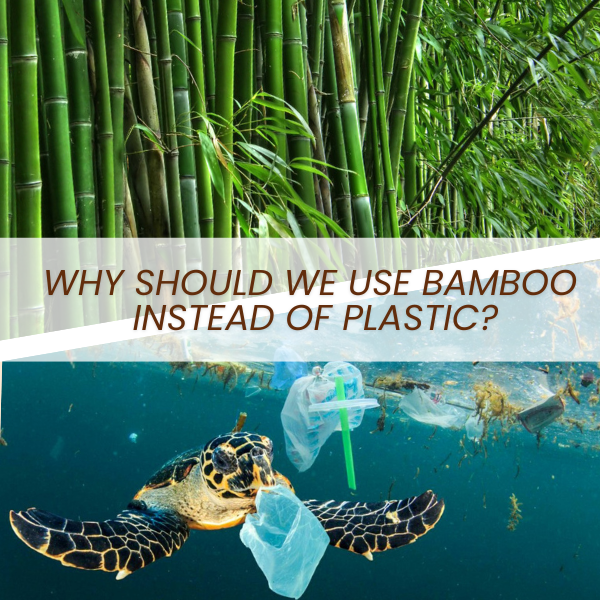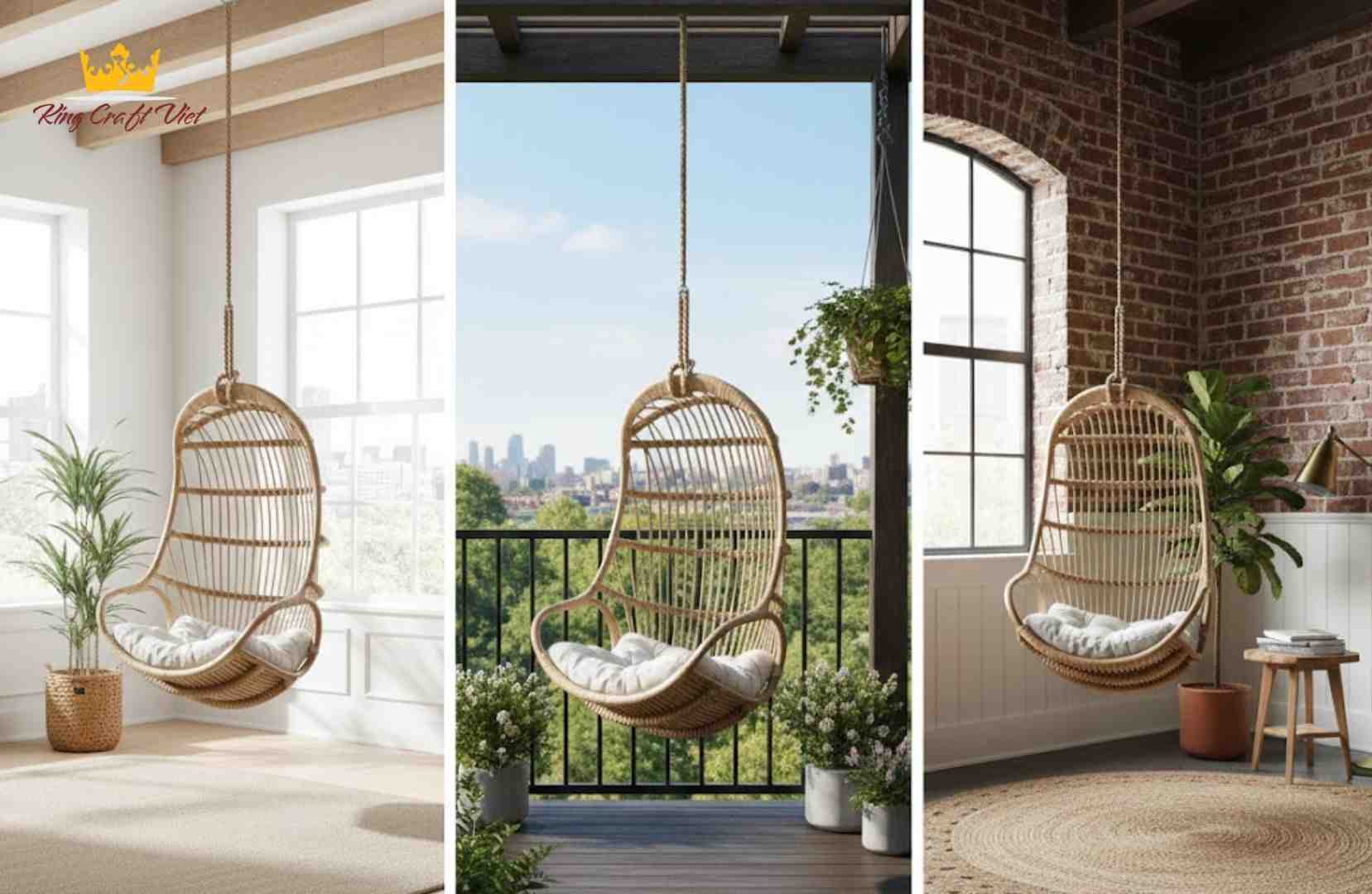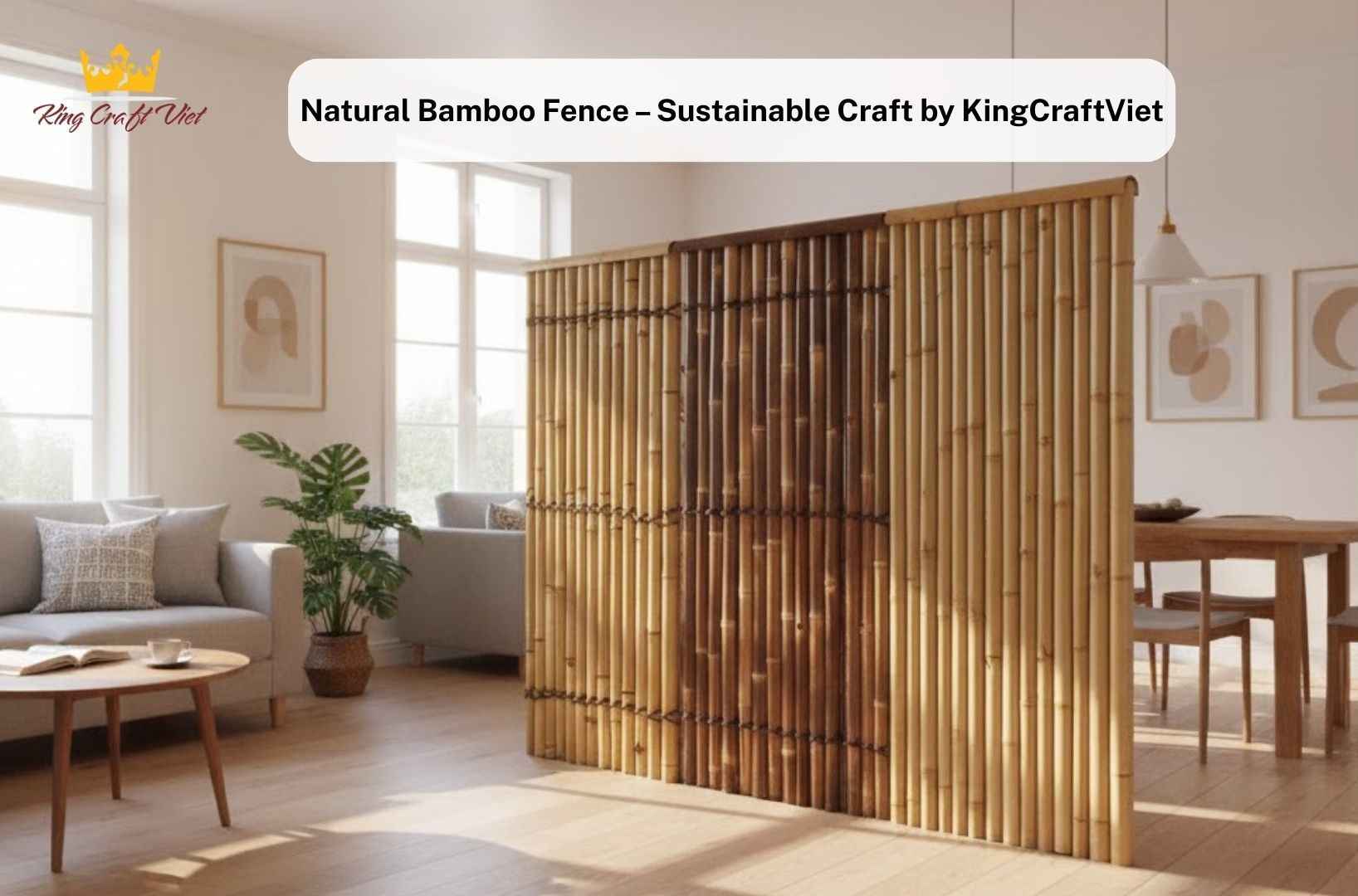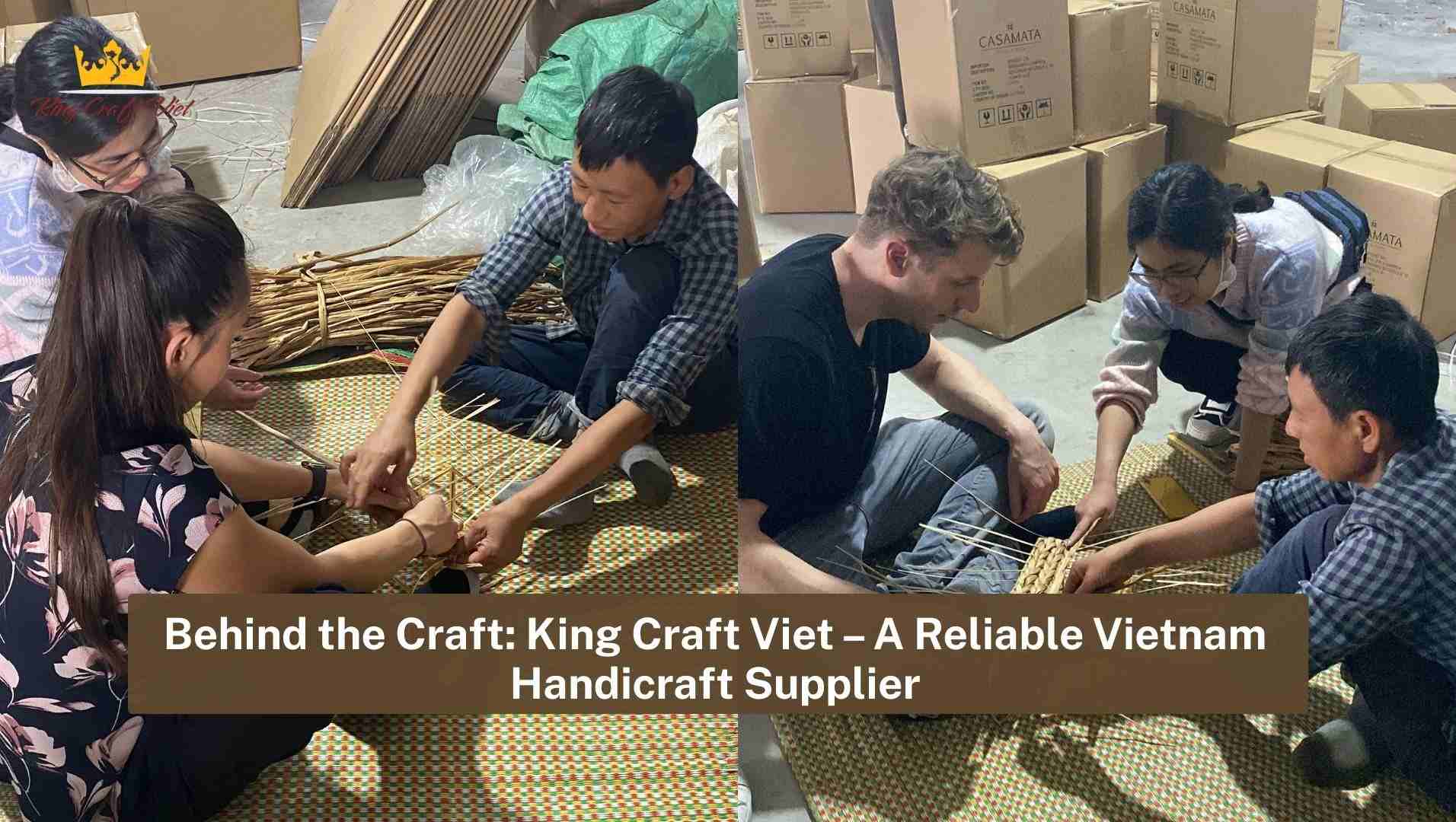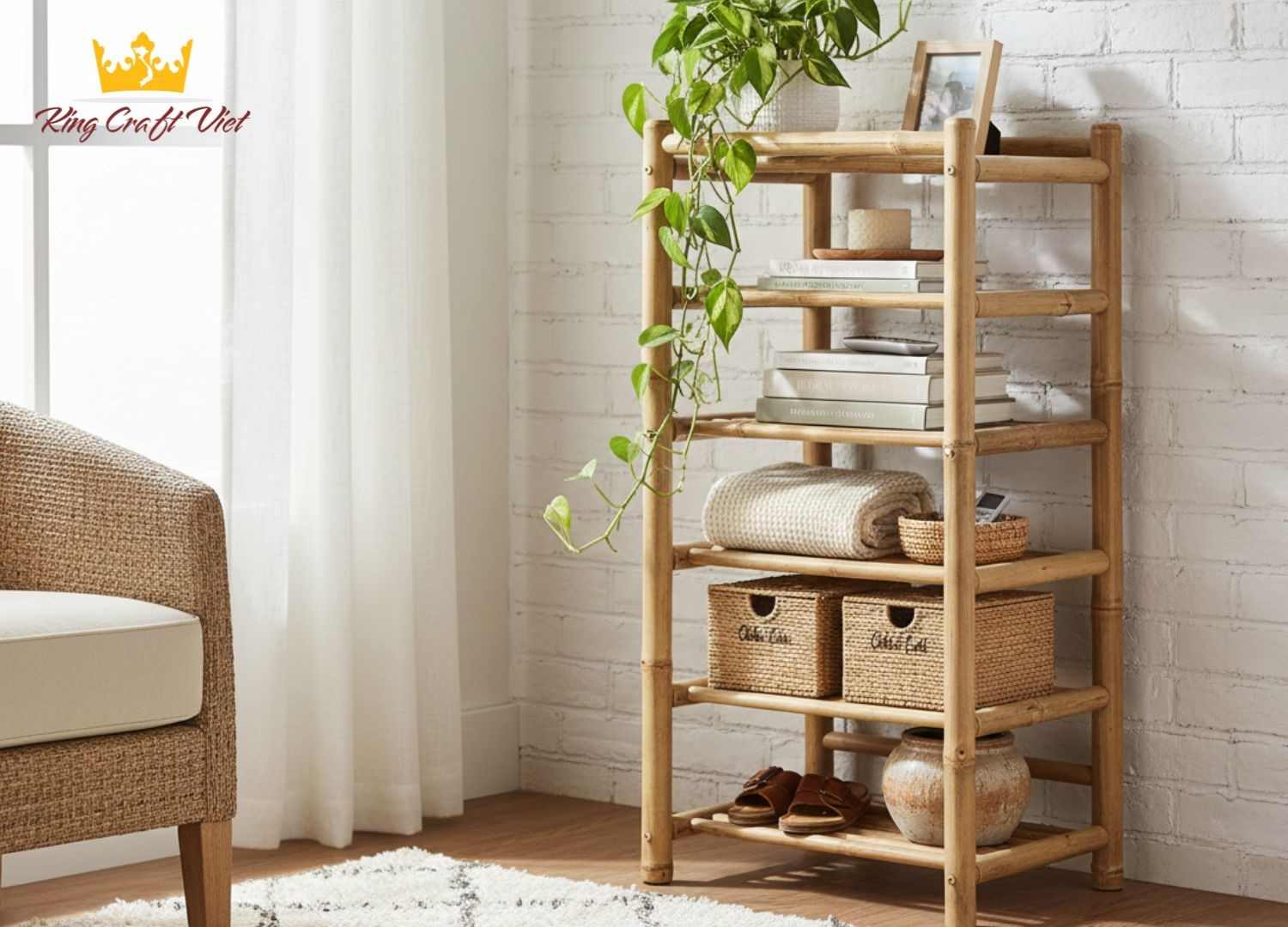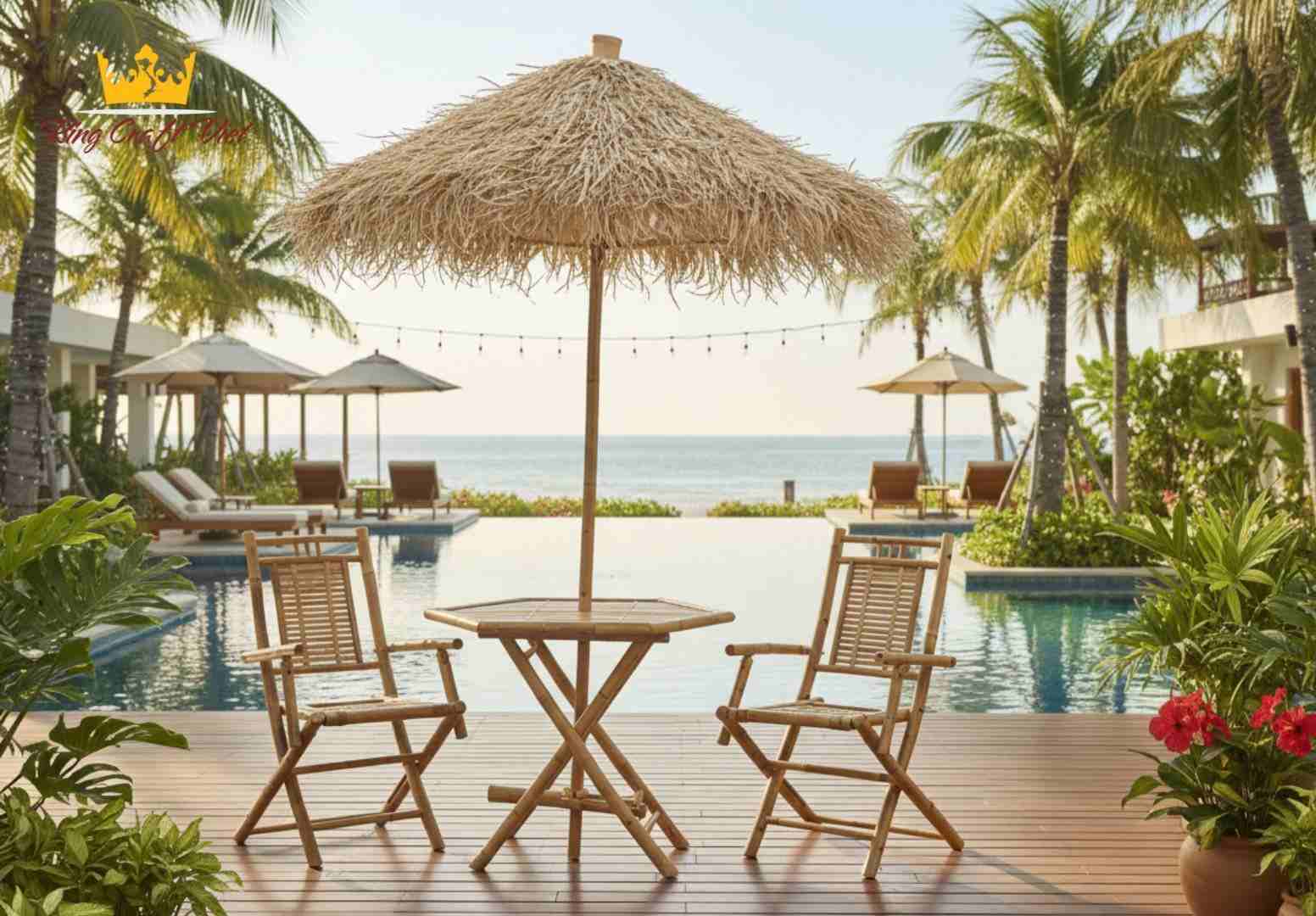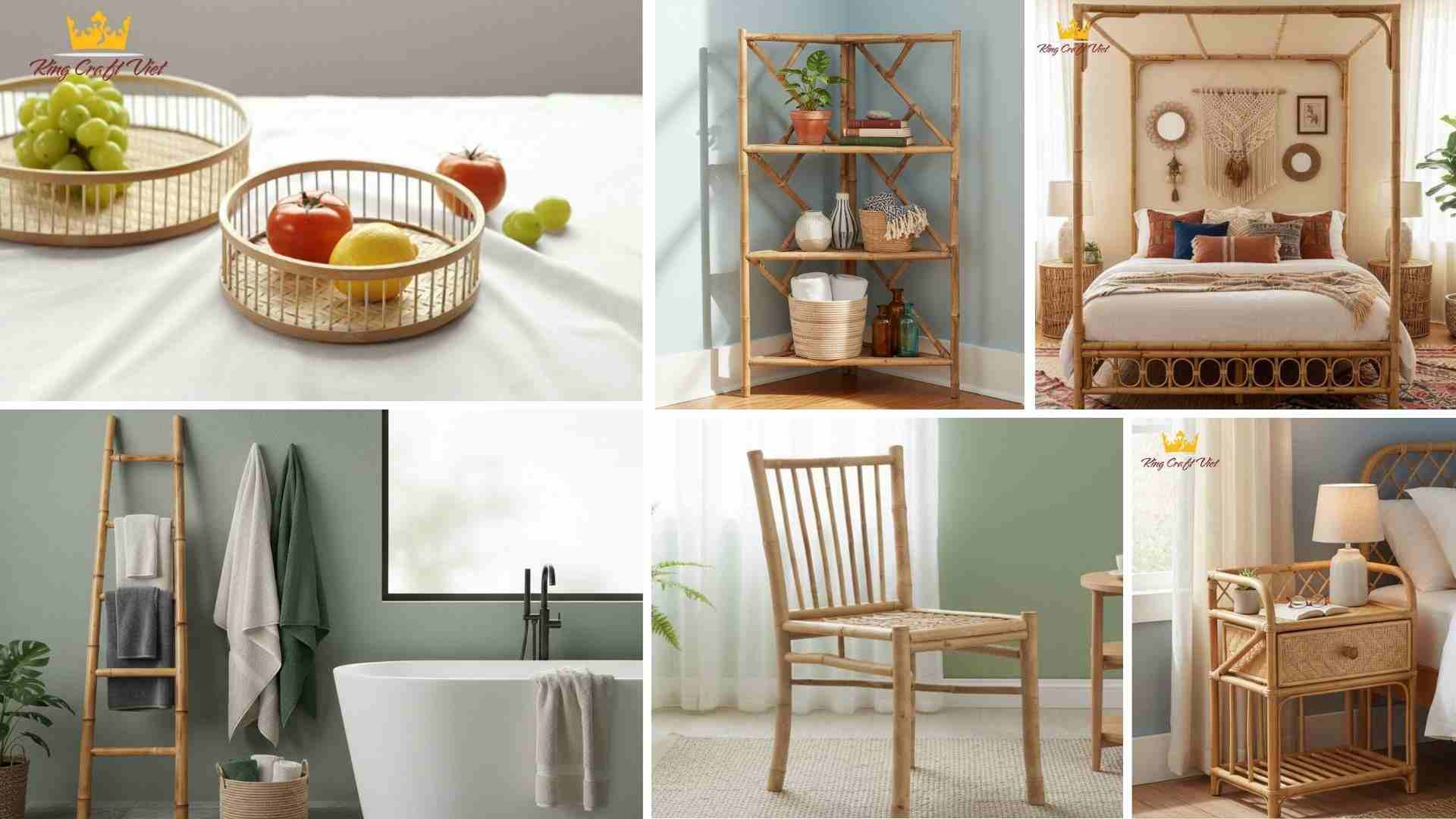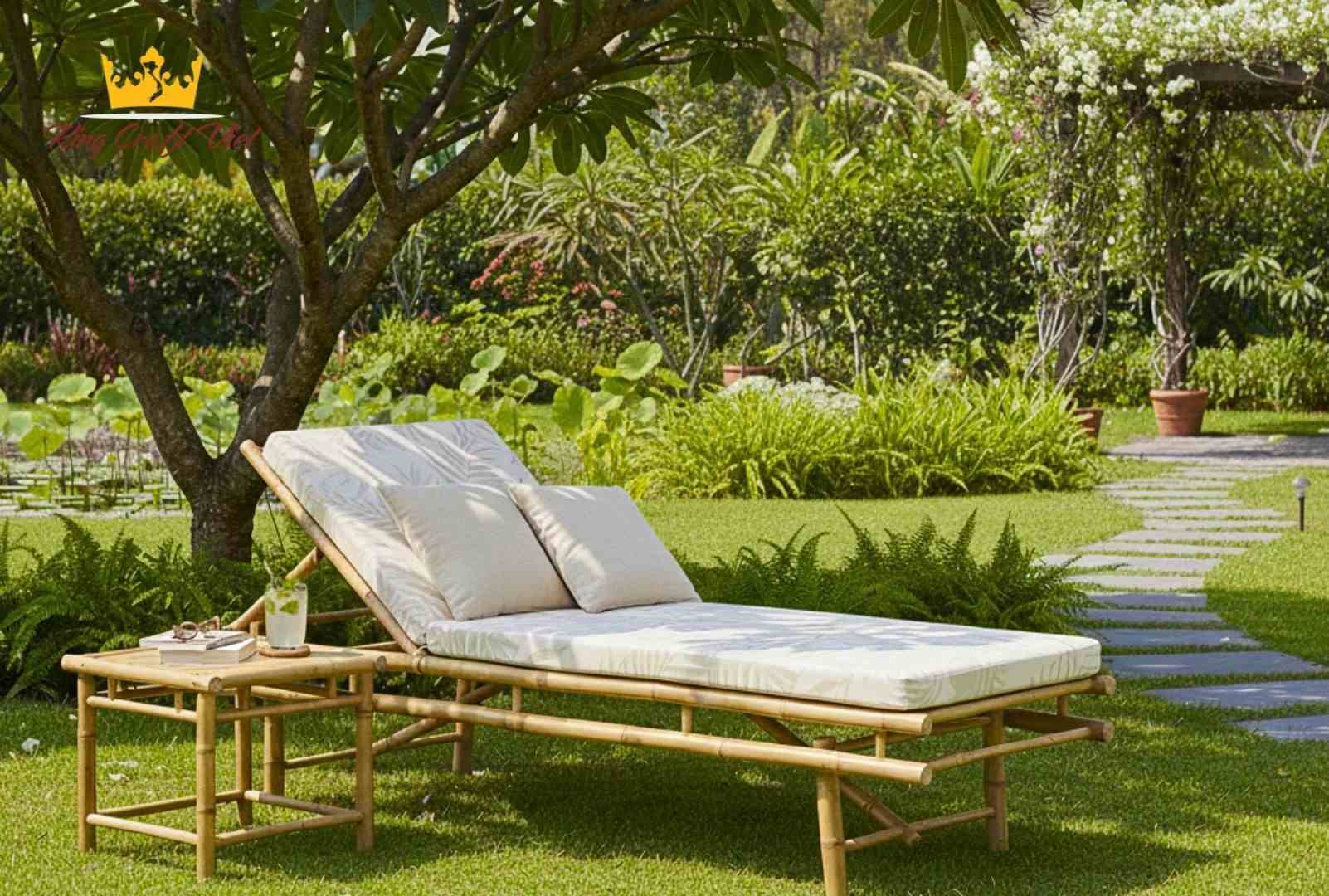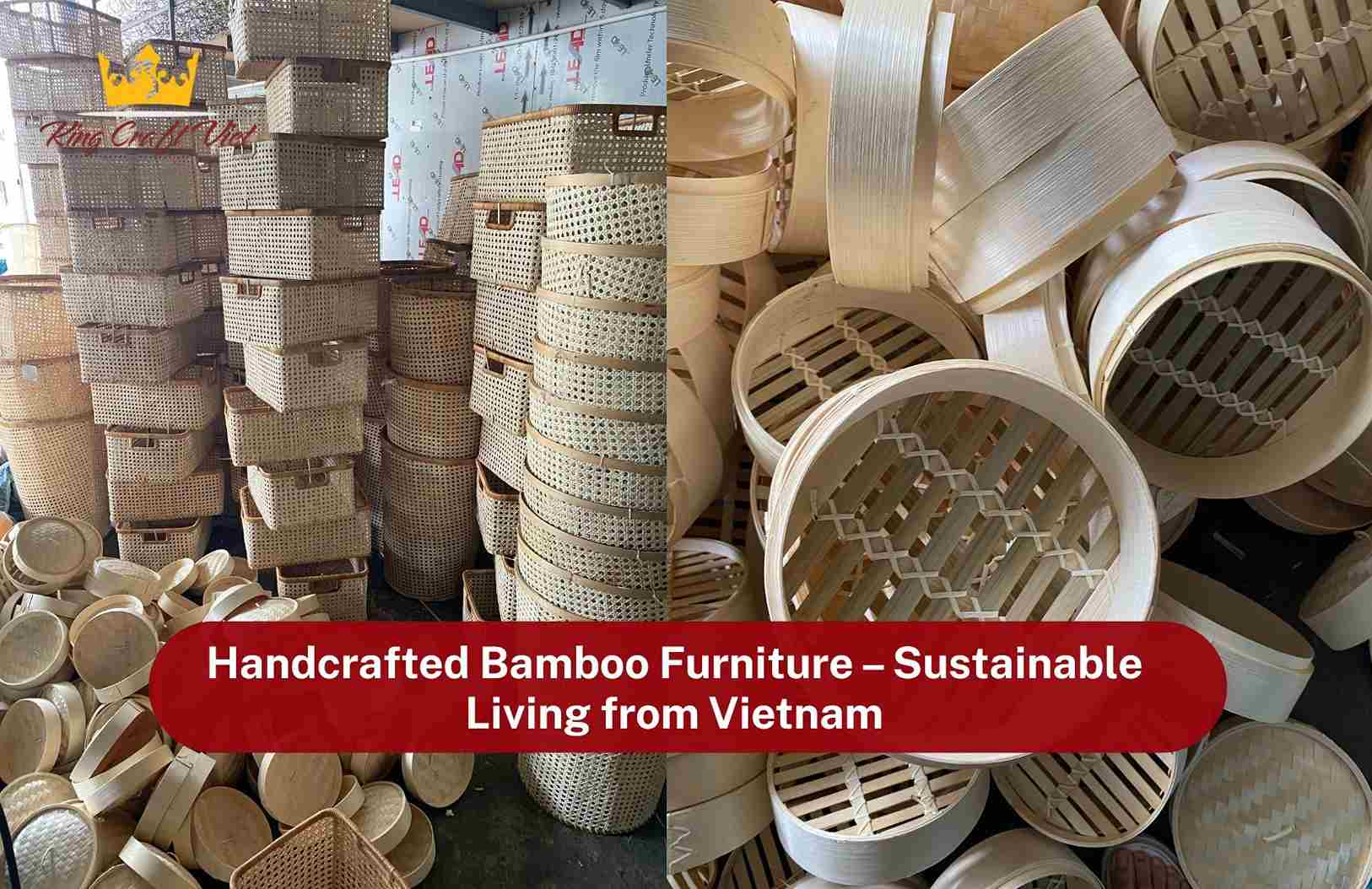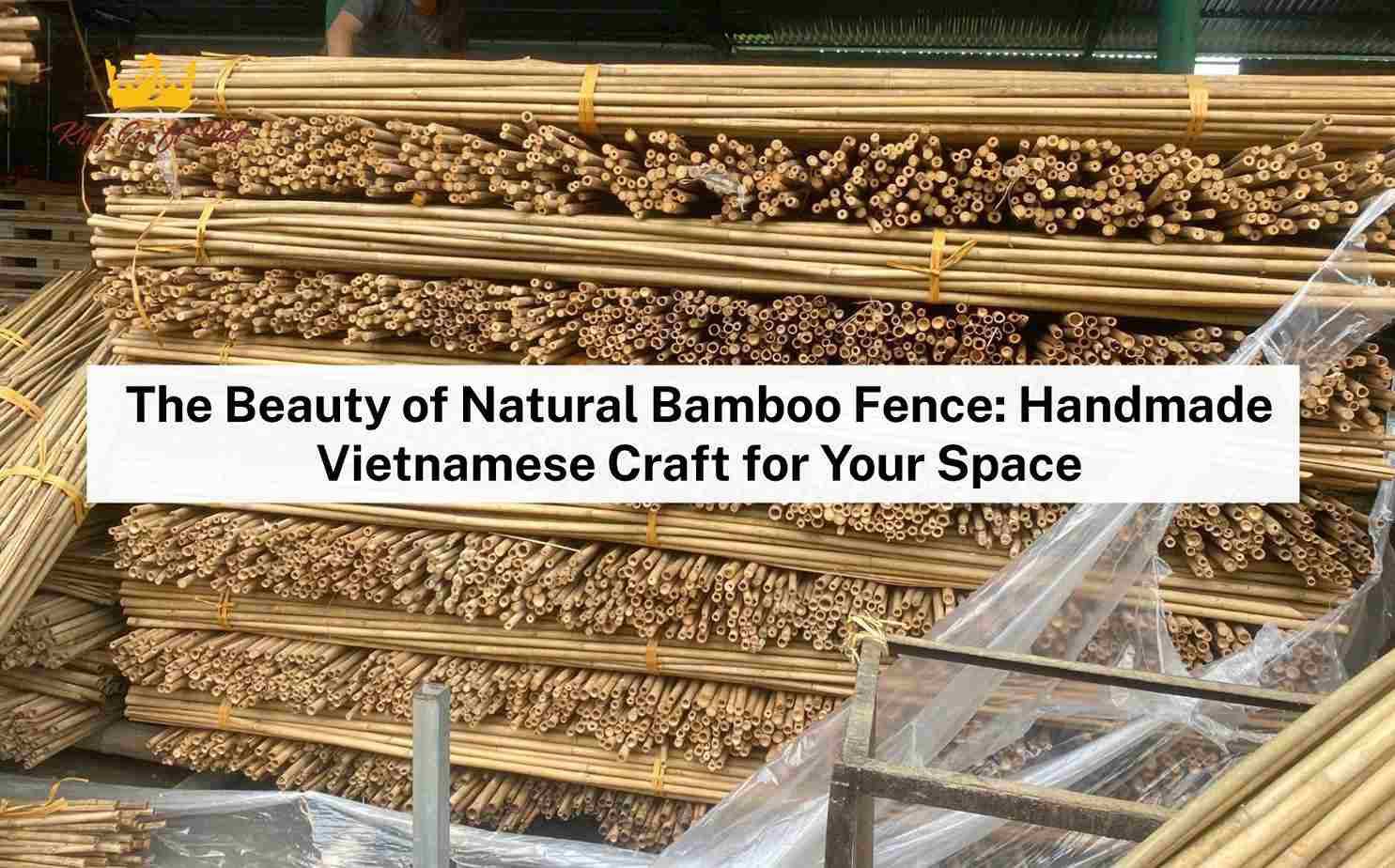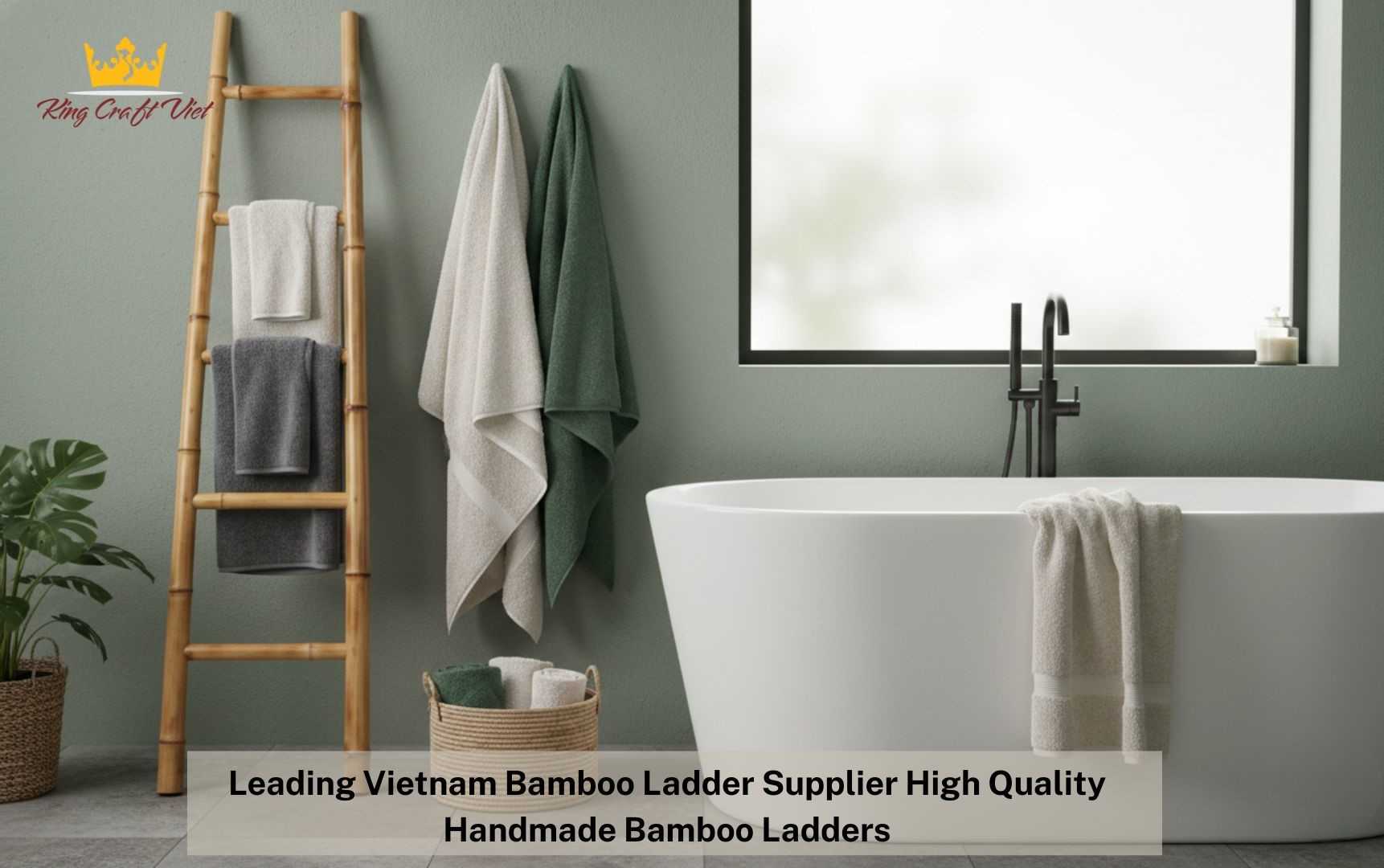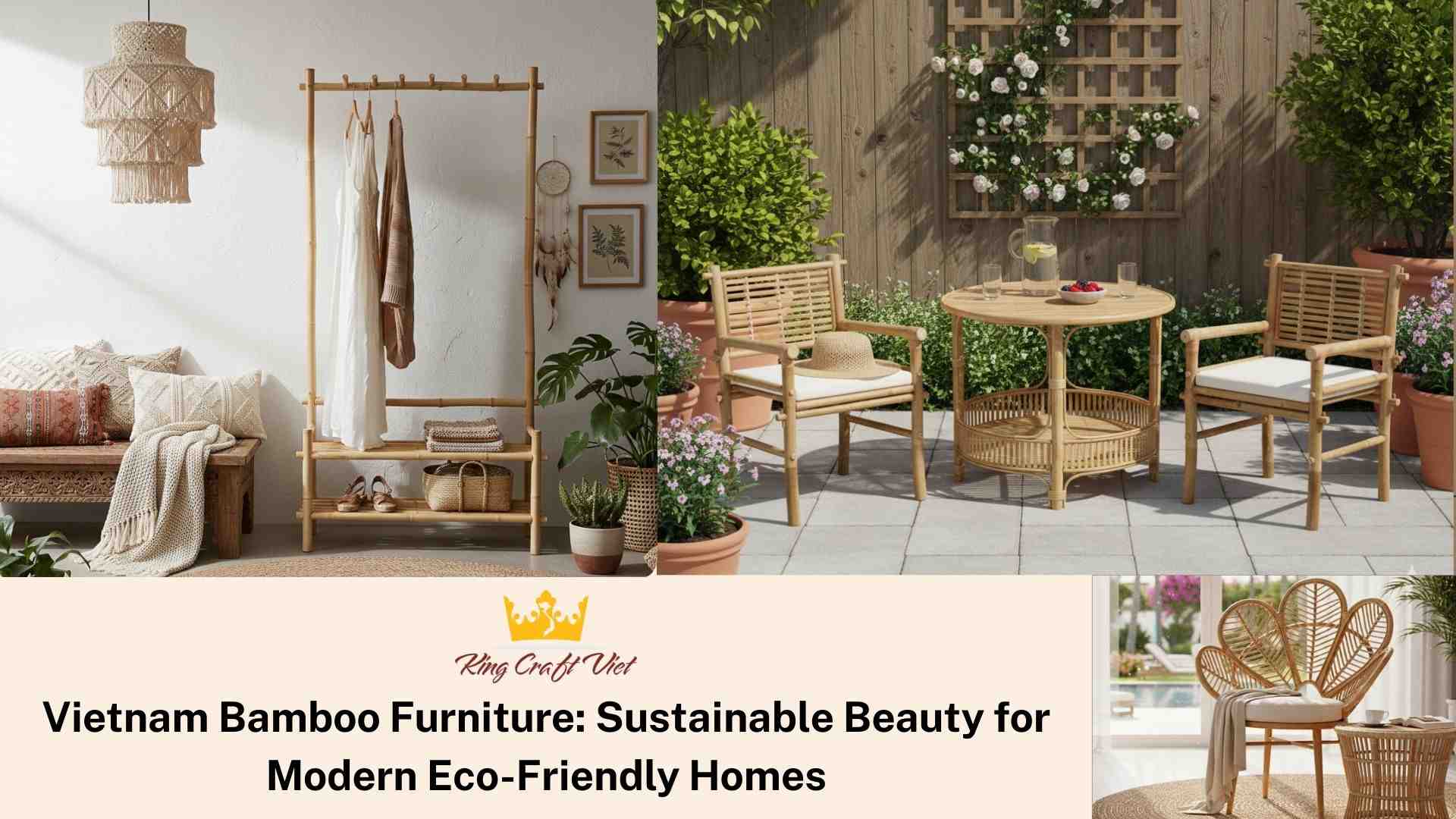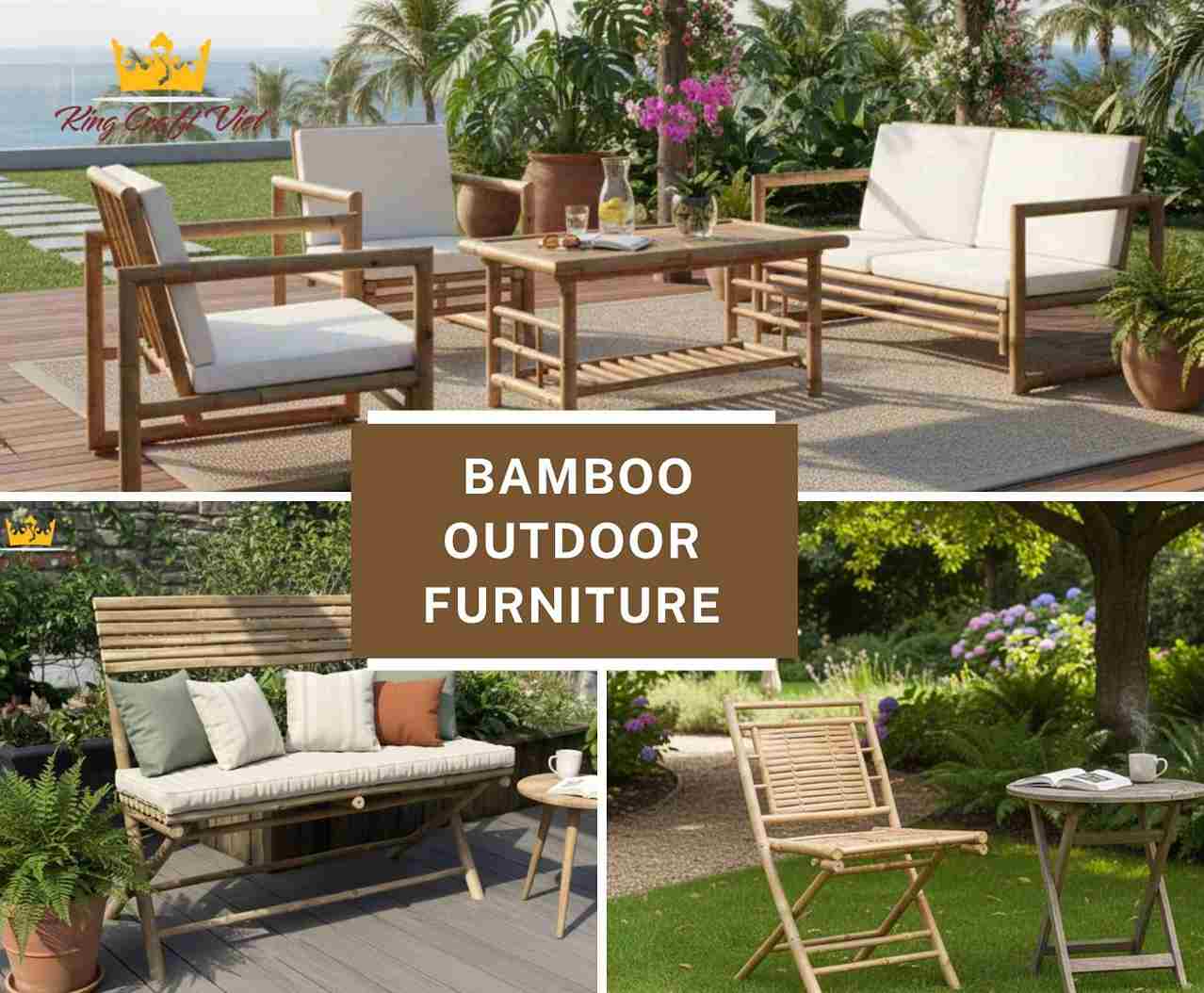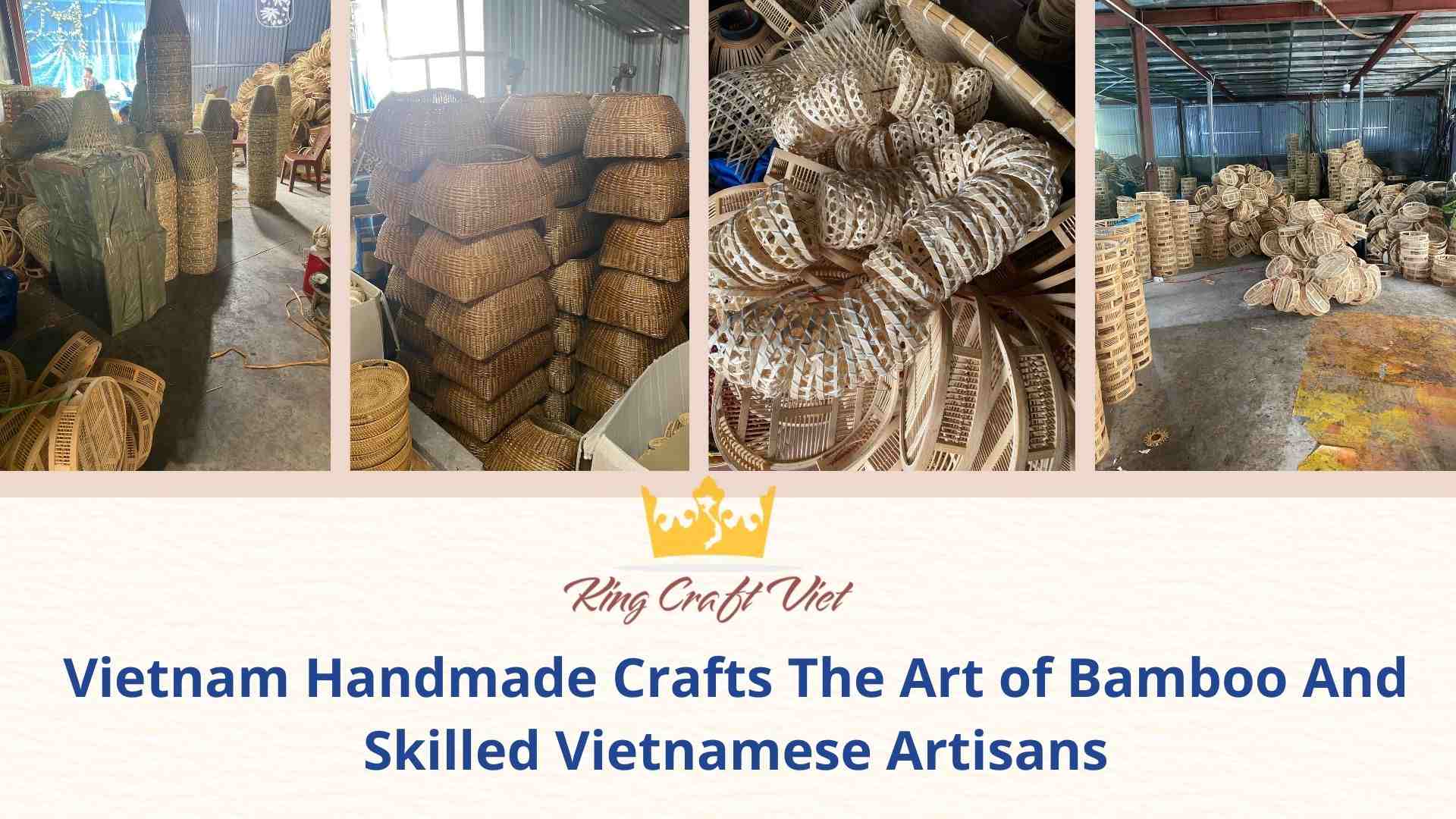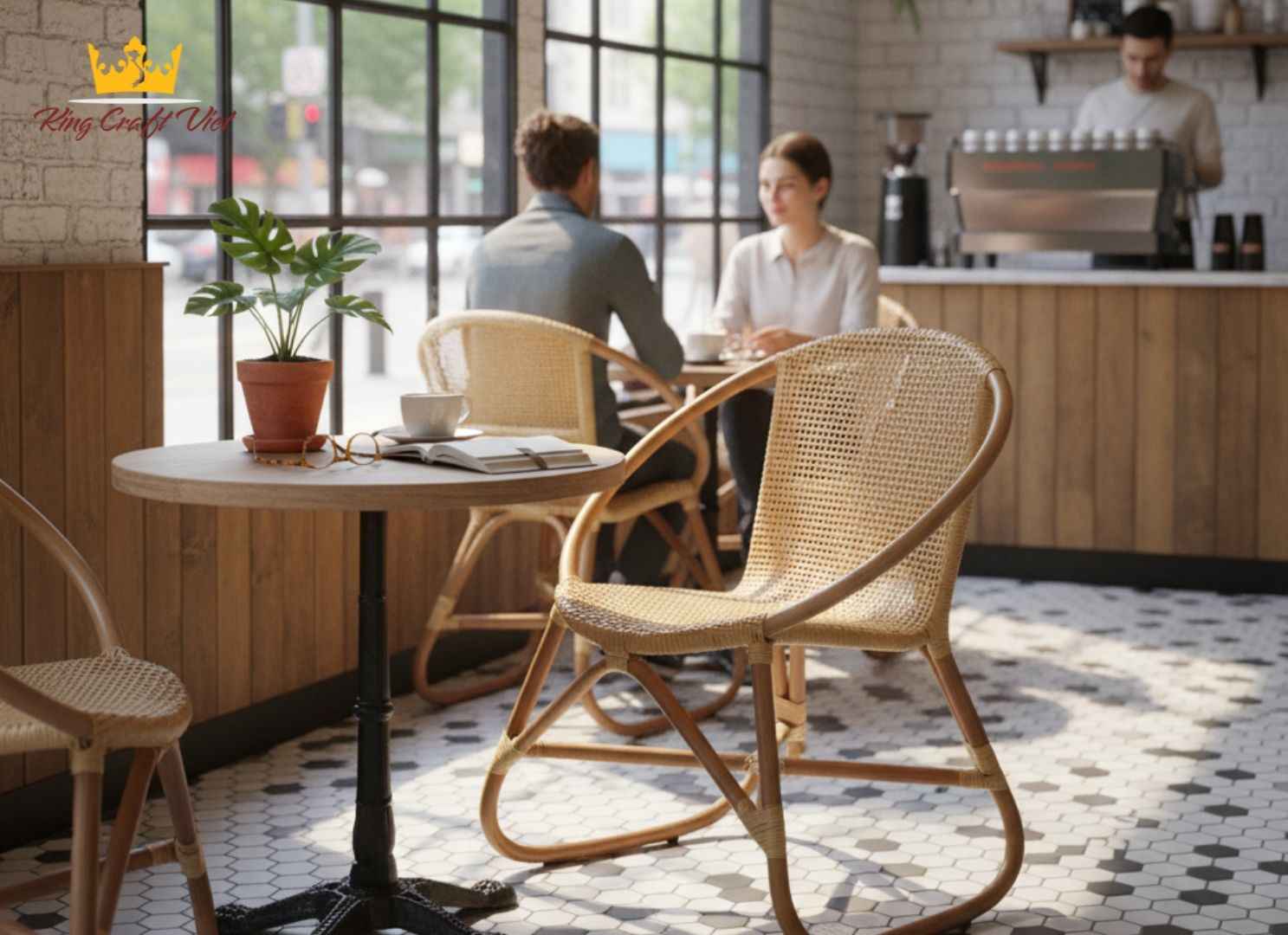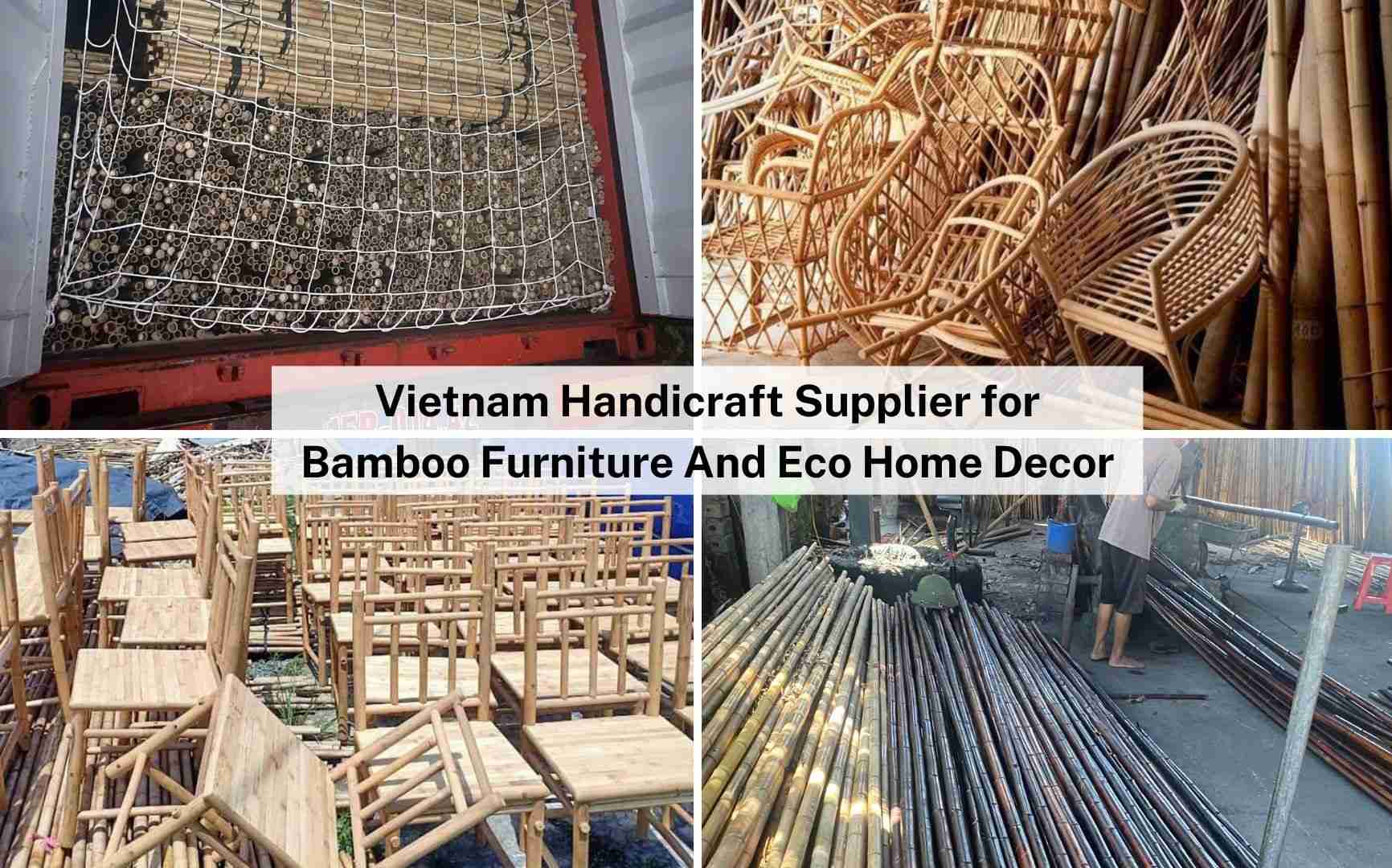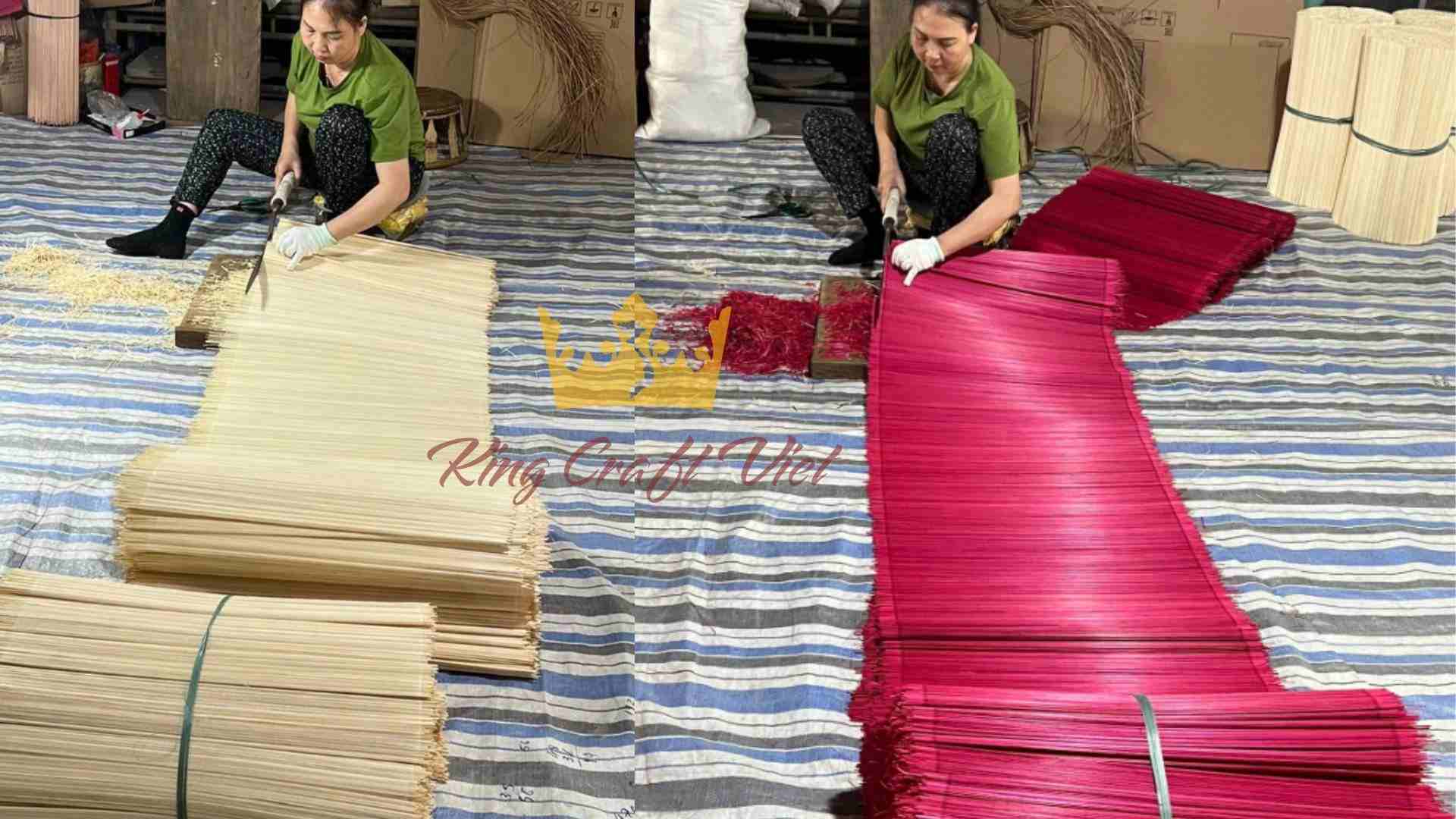Bamboo Instead of Plastic: Pioneering Sustainable Solutions in Furniture Design
In a world increasingly focused on sustainability, choosing environmentally friendly materials is essential. One of the best alternatives to plastic is bamboo, a versatile and renewable resource that offers numerous benefits. Whether used for everyday items or in bamboo furniture, this material stands out as a superior choice. This article explores why bamboo is an excellent substitute for plastic and how it contributes to a greener future.
The Environmental Impact of Plastic
Plastic has become an integral part of our daily lives due to its durability and low cost. However, its environmental consequences are severe:
- Non-Biodegradable: Plastic can take hundreds to thousands of years to decompose, leading to long-lasting pollution.
- Marine Pollution: Millions of tons of plastic waste end up in the oceans each year, harming marine life and ecosystems.
- Toxic Chemicals: The production and disposal of plastic release harmful chemicals into the environment, posing risks to both human health and wildlife.
- Resource Depletion: Plastic production relies on finite fossil fuels, contributing to resource depletion and environmental degradation.
The Advantages of Bamboo
In contrast to plastic, bamboo is a natural, renewable resource with numerous environmental benefits:
- Biodegradable and Compostable: Bamboo products decompose naturally within months to a few years, returning to the earth without harmful residues. This characteristic makes bamboo ideal for reducing waste.
- Renewable Resource: Bamboo is one of the fastest-growing plants, reaching maturity in just 3-5 years. Its rapid growth and ability to regenerate without replanting make it a highly sustainable resource. Furthermore, bamboo cultivation requires minimal water and no pesticides or fertilizers.
- Carbon Sequestration: Bamboo absorbs carbon dioxide and releases 35% more oxygen into the atmosphere than trees of similar size. By opting for bamboo products, we can help combat climate change.
- Versatility and Durability: Bamboo is incredibly strong and durable, suitable for various applications, including kitchen utensils, furniture, and flooring. Its natural antibacterial properties also make it a hygienic choice for kitchenware.
- Reduced Environmental Impact: The production of bamboo products generally has a lower environmental footprint compared to plastic, involving fewer chemicals and less energy consumption.
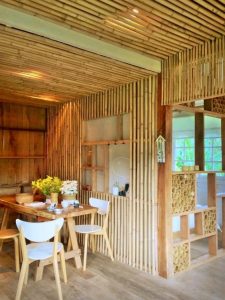
Practical Bamboo Alternatives to Plastic
Integrating bamboo products into your daily life is a great way to minimize plastic waste. Here are some practical alternatives:
- Utensils: Spoons, forks, and knives made from bamboo are sustainable and biodegradable, breaking down naturally within months, unlike plastic.
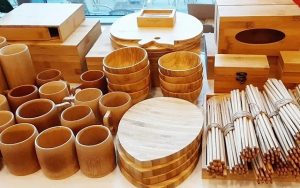
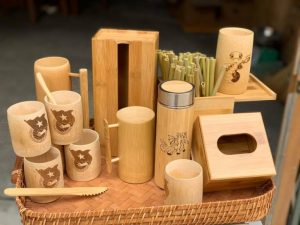
- Glass Jars with Bamboo Lids: These jars offer a non-toxic, safe option for food storage. The bamboo lids are eco-friendly, and reusable, and help keep food fresh without leaching harmful chemicals.
- Bamboo Furniture: Some products like chair, table, bed, shelf, ladder, other furniture
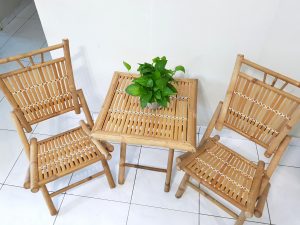

Conclusion
Choosing bamboo over plastic is a simple yet impactful way to promote sustainability. With its biodegradability, renewability, and lower environmental impact, bamboo is a superior alternative to plastic. By incorporating bamboo products into our daily lives, we can reduce plastic pollution, conserve resources, and contribute to a healthier planet for future generations. Make the switch to bamboo today and join the movement towards a greener, more sustainable world with King Craft Viet!
- Bamboo Beach Chair Eco-Friendly Comfort by the Sea
- Handmade Bamboo Bed Eco-Friendly Furniture For Resorts And Homes
- Leading Vietnam Bamboo Ladder Supplier High Quality Handmade Bamboo Ladders
- Handmade Bamboo Table – A Timeless Blend of Nature and Craftsmanship
- Behind the Craft: King Craft Viet – A Reliable Vietnam Handicraft Supplier
Bài viết cùng chủ đề:
-
Handcrafted Rattan Hanging Chair for Global Markets
-
Natural Bamboo Fence – Sustainable Craft by KingCraftViet
-
Behind the Craft: King Craft Viet – A Reliable Vietnam Handicraft Supplier
-
Bamboo Storage Shelf: Sustainable & Stylish Storage for Modern Homes
-
Seagrass Bamboo Umbrella Natural Elegance for Sustainable Outdoor Living
-
Indoor Bamboo Furniture for Natural, Elegant & Eco-Friendly Living Spaces
-
Bamboo Outdoor Sun Bed for Resorts And Hotels Eco-Friendly Outdoor Living
-
Handcrafted Bamboo Furniture – Sustainable Living from Vietnam
-
The Beauty of Natural Bamboo Fence: Handmade Vietnamese Craft for Your Space
-
Leading Vietnam Bamboo Ladder Supplier High Quality Handmade Bamboo Ladders
-
Vietnam Bamboo Furniture: Sustainable Beauty for Modern Eco-Friendly Homes
-
Transform Your Outdoor Space with Handcrafted Bamboo Outdoor Furniture
-
Vietnam Handmade Crafts The Art of Bamboo And Skilled Vietnamese Artisans
-
Discover the Charm of Handmade Rattan Chair For Every Home Decor Style
-
Vietnam Handicraft Supplier for Bamboo Furniture And Eco Home Decor
-
The Art Behind KingCraftViet Handicraft Home Decoration

